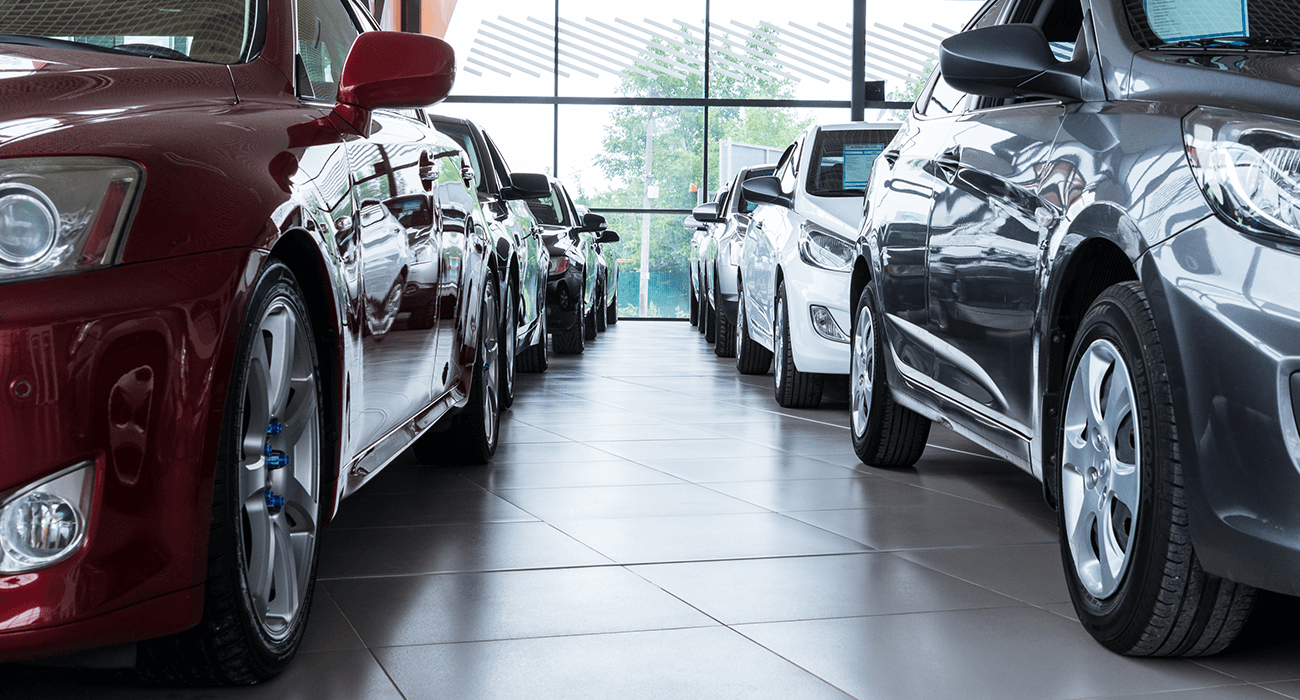Taxes and Fees
Don’t let the various taxes and fees confuse you.
In car leasing, there are miscellaneous taxes, charges, and fees that the average consumer is unfamiliar with. To compound this confusion, these can differ by leasing company and by state, and the same fee can have several different names. Don’t let these fees scare you away from leasing.
Common types of charges, fees, and taxes:
- First Payment – One way that a lease is different than a loan is that payments are due at the beginning of a month for a lease, and at the end of the month for loans. This means that your first lease payment will be due at signing. It also means that you do not have a payment due at the end of the lease. The first lease payment should not be confused with a down payment or a security deposit.
- Security Deposit – The security deposit is a refundable amount that is typically equal to one month’s lease payment, rounded up to the nearest $25. The security deposit is due at signing. If you have a good credit rating or are a repeat customer, the security deposit is often waived. A security deposit is different than a down payment, which is not refunded at the end of the lease.
- Acquisition Fee (Bank Fee) – This is an administrative fee that is charged by the leasing company. This fee is typically added to the cap cost and increases your monthly payments. You can pay it up front if you want to. This fee usually ranges from $250 to $895 and may be higher for used vehicles. Sometimes, lessors will waive the security deposit in exchange for a higher acquisition fee. Acquisition fees on loans are typically higher than bank fees on auto loans, but the Money Factor is usually lower than the interest rates on loans. Added together, the effective annual interest rate, between leases and loans, are typically very close.
- Cap Cost Reduction (Down Payment) – One of the benefits of leasing is that in most cases you do not need to make a down payment. However, you do have the option of making a down payment, which is called cap cost reduction in the leasing world. Any money down will reduce your monthly lease payment.
- Cap Cost Reduction Tax – In most states, you only pay sales tax on the portion of the vehicle that you are using. When you make a down payment in these states, you must pay sales tax on the down payment. This tax is due at lease signing.
- Documentation, Registration, License, Tag, and Title Fees – These fees are typically the same whether you lease or purchase. These fees typically include actual fees paid to state governments, plus a fee to the dealer for taking care of all of the paperwork.
- Due at Signing (Initial Lease Fee) – The lease contract will spell out what is due at signing, sometimes called the initial lease fee. The amount due will include the first payment, any security deposit, any down payment, and sales tax on the down payment, documentation, registration, license, tag and title fees, and the acquisition fee if it is not capitalized. Due to the wide variety of fees that may or may not be due at signing, this amount can vary significantly from lease to lease.
- Disposition Fee – Most leases contain a fee that is due at the end of the lease to compensate the lessor for the expenses of disposing of the vehicle. Many leases also include a similar fee if you decide to purchase the vehicle at the end of the lease. The typical fee ranges from $250 to $450.
- Sales Taxes – When you purchase a vehicle, you pay sales tax based on the MRSP or purchase price. When you lease a vehicle, the sales tax is collected a variety of different ways by different states.
The most common method is for the sales tax to be added to the monthly lease payment. In this case, you are paying sales tax on the amount of the vehicle that you are using up ( cap cost – residual). While you are also paying sales tax on the interest charges, you are still paying less sales tax than if you purchased the vehicle.
In some states, such as Ohio, you pay sales tax up front on the capitalized lease cost. In other states, such as Texas and Illinois, you pay sales tax on the full value of the leased vehicle, just like you were purchasing it. And in some states, such as New Jersey, you have the choice of paying up-front taxes on either the full purchase price or the total of lease payments. To confuse matters even more, you can sometimes capitalize the upfront taxes into your lease.
Please call us if you have any questions about sales taxes.

